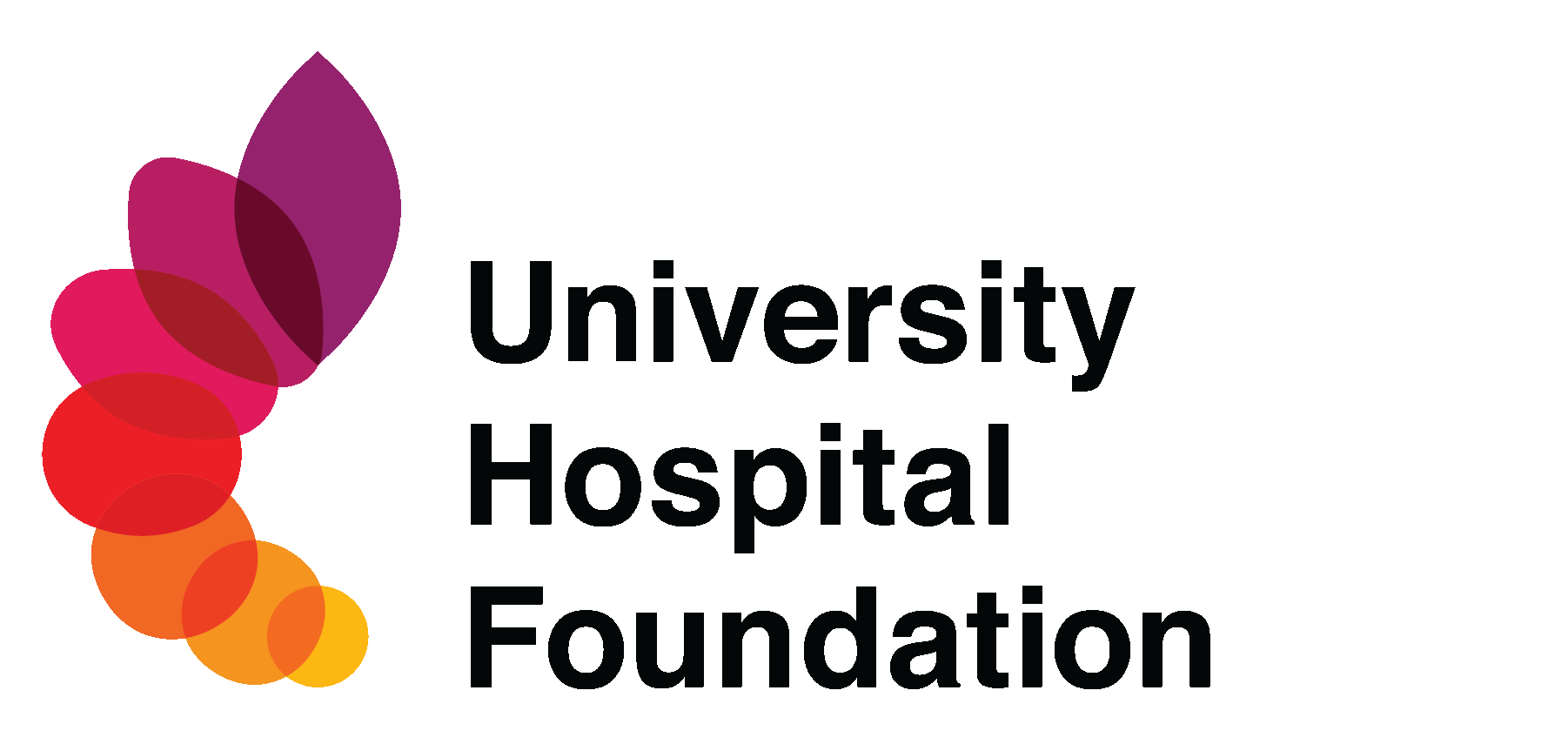- 1-833-448-3843 Make a call.
- info@givetouhf.ca Drop us an email.
- We are located in Edmonton, Alberta
Alberta Kidney Care - North Celebrates 100 Concurrent Home Hemodialysis Patients
Milestone made possible with support from generous donors to the University Hospital Foundation
Edmonton, AB – October 21, 2020 – Alberta Health Services and the University Hospital Foundation (UHF) are celebrating a major milestone – Alberta Kidney Care – North (AKC – N) has reached 100 concurrent home hemodialysis patients.
One of the largest home hemodialysis programs in Canada – indeed in the world – Alberta Kidney Care – North’s 100 patients are now receiving the life-saving hemodialysis care they need within the comfort of their own homes, in their own communities, giving them greater freedom to live life to the fullest.
“Home hemodialysis helps give patients in kidney failure more independence and control over their health, all while in the comfort of their own home,” says Cathy Osborne, Senior Operating Officer, University of Alberta Hospital, Mazankowski Alberta Heart Institute, and Kaye Edmonton Clinic. “Together with the University Hospital Foundation, whose donors generously support additional home hemodialysis equipment to the Alberta Kidney Care – North program, our team is able to help provide a better quality of life for 100 Albertans on home hemodialysis.”
When kidneys no longer work properly, hemodialysis treatments remove excess fluid and waste products from blood. Facility-based hemodialysis requires an intense time commitment. Patients spend four hours a minimum three days a week getting treatment. They spend additional hours travelling, often long distances, to get to facility hemodialysis units.
Home hemodialysis allows people to spend less time in hospitals, and more time at home with their families. Home hemodialysis machines give patients greater control of their own care, and improves their quality of life. With home hemodialysis, patients connect themselves to the machines and have control over when they do the treatment – on their own schedule rather than the facility hemodialysis unit’s schedule.
Many patients choose to dialyze at night while they sleep. This slower, gentler form of dialysis is easier on the body than daytime treatments. Patients have access to on-call help around the clock from the program’s nurses and technologists. They benefit from fewer dietary and fluid restrictions, and feel better overall.
Dr. Danny Kolotyluk is a dentist, an acute pain specialist, and a home hemodialysis patient who undergoes treatment at night. “I was doing dialysis at the hospital… problems afterward were cramping, headaches, nausea, confusion. I called it a dialysis hangover,” said Dr. Kolotyluk.
“[Now] I wake up in the morning and I feel really good. It’s been just incredible. It’s one of the best things I’ve ever done.”
“The University Hospital Foundation is proud to support home hemodialysis through Alberta Kidney Care – North. This milestone would not have been possible without the generosity of our donors, especially Matt and Betty-Jean Baldwin,” said University Hospital Foundation President and CEO Dr. Jodi L. Abbott. “This innovative way to deliver care will continue to improve the lives of patients, allowing them the independence to spend precious time with loved ones in their own homes.”
In 2012, the Matt and Betty-Jean Baldwin Foundation made a $1 million donation, matched by a $1 million gift by the University Hospital Foundation, made possible by gifts from other donors, to fund 45 additional home hemodialysis machines for the University of Alberta Hospital. With this increase, the program expanded to be able to support 100 patients with hemodialysis machines at home.
After watching an employee and family friend, Rick Lavalley, battle kidney disease, the Baldwins saw how beneficial home hemodialysis could be and wanted to help make it an option for more people.
“We saw how draining hemodialysis was for him and noticed the difference when he began to get treatment at home. Instead of spending hours in his evening at the hospital, Rick was able to go home, spend time with his family, rest and enjoy life. The next day at work he would be re-energized,” said Matt Baldwin.
Chronic Kidney Disease impacts 450,000 Albertans. As Alberta’s population ages and diagnoses of diabetes and hypertension increase, the number of patients being treated for kidney disease is increasing. Albertans with Chronic Kidney Disease increased 7.1% in the past year.
The University of Alberta Hospital (UAH) is a pioneer in hemodialysis. The first life-sustaining treatment for individuals with kidney failure was performed at the UAH. Reaching this milestone has helped maintain the hospital’s leadership in Chronic Kidney Disease treatment. Innovative and efficient treatment options like home hemodialysis improve the quality of care for these patients.
Alberta Kidney Care – North (AKC – N) supports patients from Red Deer north, including the Edmonton area, northern communities in Alberta, northeastern B.C. and the Northwest Territories. For more than 50 years, AKC – N has been providing a full spectrum of care for patients with renal (kidney) disease including prevention, monitoring, and treatment. The program currently serves more than 5,750 patients, of which more than 1,500 patients require regular dialysis treatments.
To watch a video on the Alberta Kidney Care – North home hemodialysis program click here.
For raw footage of patient and doctor interviews and B-roll click here.
University Hospital Foundation
The University Hospital Foundation raises and manages funds to advance patient care, research and healthcare innovation at the University of Alberta Hospital, the Mazankowski Alberta Heart Institute and the Kaye Edmonton Clinic. For more information visit GivetoUHF.ca.
Alberta Health Services
Alberta Health Services is the provincial health authority responsible for planning and delivering health supports and services for more than four million adults and children living in Alberta. Its mission is to provide a patient-focused, quality health system that is accessible and sustainable for all Albertans.
